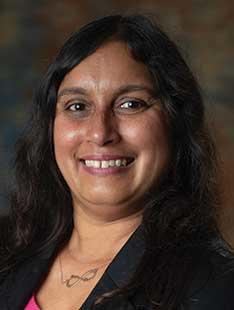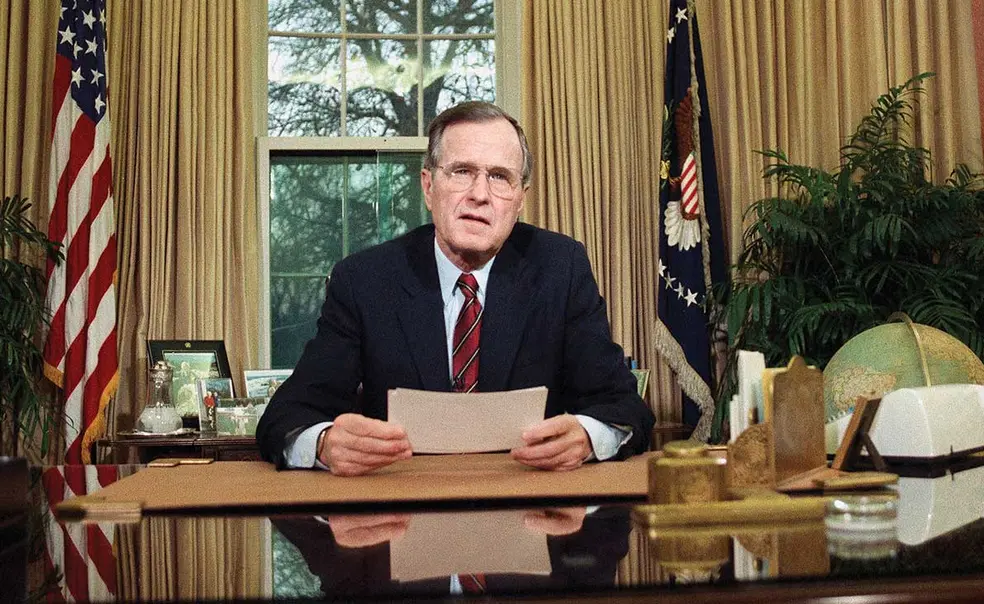Meena Bose *96 Studies the Most Defining Presidential Decisions
Bose spoke with PAW about the deliberative styles of presidents past and present

How do you and other scholars examine the way presidents approach decision-making?
We look at how presidents collect information and prepare, how they complete the homework of the presidency, so to speak. Presidents need to adopt an organizational system that meshes with their personality.
And Eisenhower and Kennedy had contrasting styles?
Presidents usually institute a process that takes into account multiple perspectives and ensures debate. Eisenhower, for example, had a formal leadership style that ensured he examined alternatives thoroughly before making policy decisions. Kennedy was much more informal — he came in with a plan to undo Eisenhower’s structure, which was seen as too bureaucratic. He wanted a more fluid system, which was referred to as “spokes of a wheel” with Kennedy in the middle. It gave more opportunities for access to the president but also overloaded him with detail.
Kennedy had a steep learning curve from the Bay of Pigs to the Cuban Missile Crisis. Planning was already underway for the Bay of Pigs [invasion] before Kennedy took office, and when he came in, there really weren’t fundamental questions asked about whether the invasion was needed, or what the public narrative would be. By the Cuban Missile Crisis, there was a much more tightly structured and consciously organized decision-making process, which we know because several of the meetings were recorded.
What about President Donald Trump?
The Trump White House organization really had no precedent in the American presidency. I think it’s fair to say that Trump and his inner circle were particularly resistant to historical perspective and following lessons from previous administrations. There appeared to be virtually no deliberative discussion or evaluation of options.
And Joe Biden?
Early accounts of the Biden presidency indicate a style that is explicitly attentive to process, with intensive deliberations, active presidential engagement, and sufficient time to consider competing perspectives before reaching a decision. Biden’s low-key yet keenly involved approach to governance seems purposefully focused on ensuring that policy decisions are thoroughly vetted and then clearly communicated, both internally and externally.
What notable example of presidential leadership has emerged from the conference?
What stood out was the personal diplomacy of George H.W. Bush during one of the most critical moments of his presidency. After the 1990 Iraqi invasion of Kuwait, Bush spoke on the phone with more than 120 heads of state over the course of several days. He was building on relationships he had developed over a long career in government. Those calls were absolutely essential for organizing an international coalition that insisted upon Iraq’s unconditional withdrawal from Kuwait.
Interview conducted and condensed by Jennifer Altmann












No responses yet